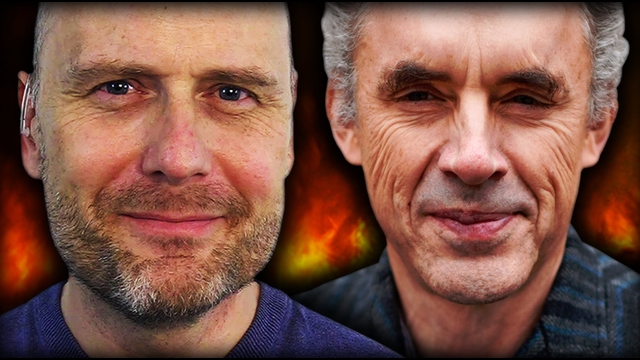
What is the reason behind the drift of western culture into empty nihilistic materialistic hedonism? Dr. Jordan Peterson joins Stefan Molyneux to discuss the complicated nature of cultural division, the reduction of personal responsibility, the danger of not "having meaning" in your life, the nature of ideology, developing a sense of efficacy in the world, suffering as an intrinsic component to human nature, the argument for free will and much more!
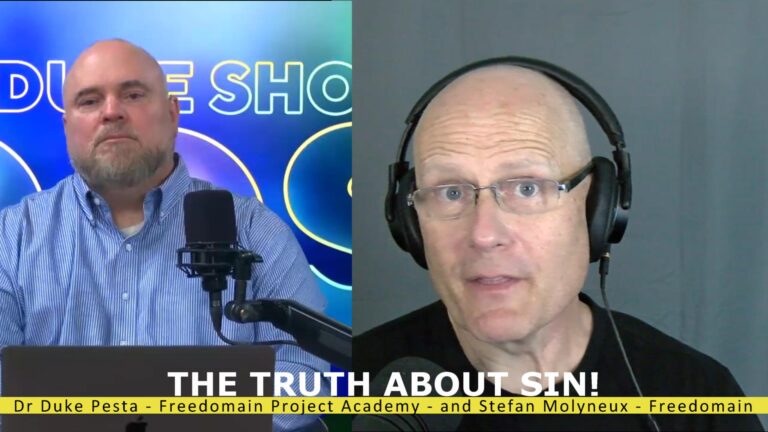
We chat again with Dr. Duke Pesta, this time on THE TRUTH ABOUT SIN!
We explore gratitude and its historical significance, emphasizing its role in our relationship with God. We discuss self-ownership and how it sets humans apart from animals, as well as the concept of free will and its connection to consciousness. We address the lack of gratitude in society and its impact, and also delve into the issue of sin and Jesus' perspective on it. We discuss the importance of faith, evaluate different ideologies, and highlight the significance of actively loving others.
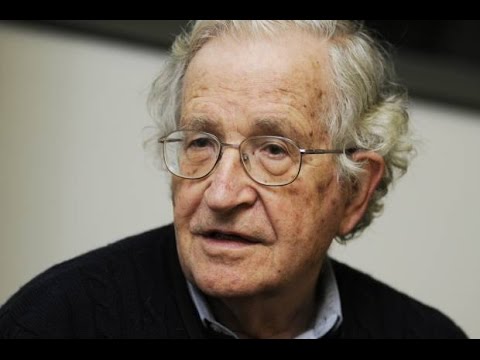
Noam Chomsky speaks with Stefan Molyneux about the Israeli-Palestinian conflict and how United States involvement has impacted peace talks. Also includes: Jewish-state worship, totalitarian streaks in Jewish thinking, the mainstream media filter, how discussions evolve (or doesn't) through the generations, a road-map to peace and a diplomatic two-state solution.
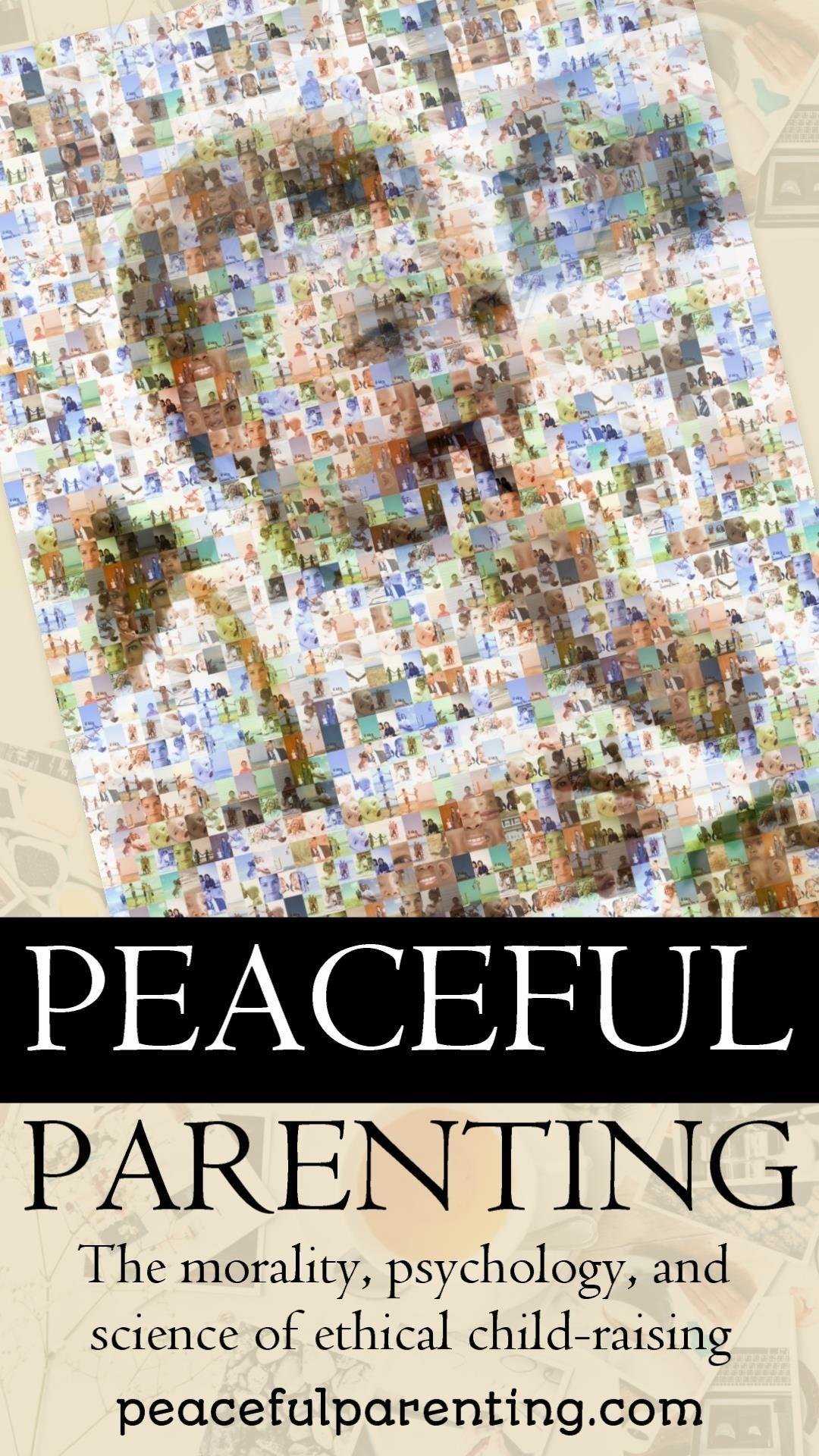
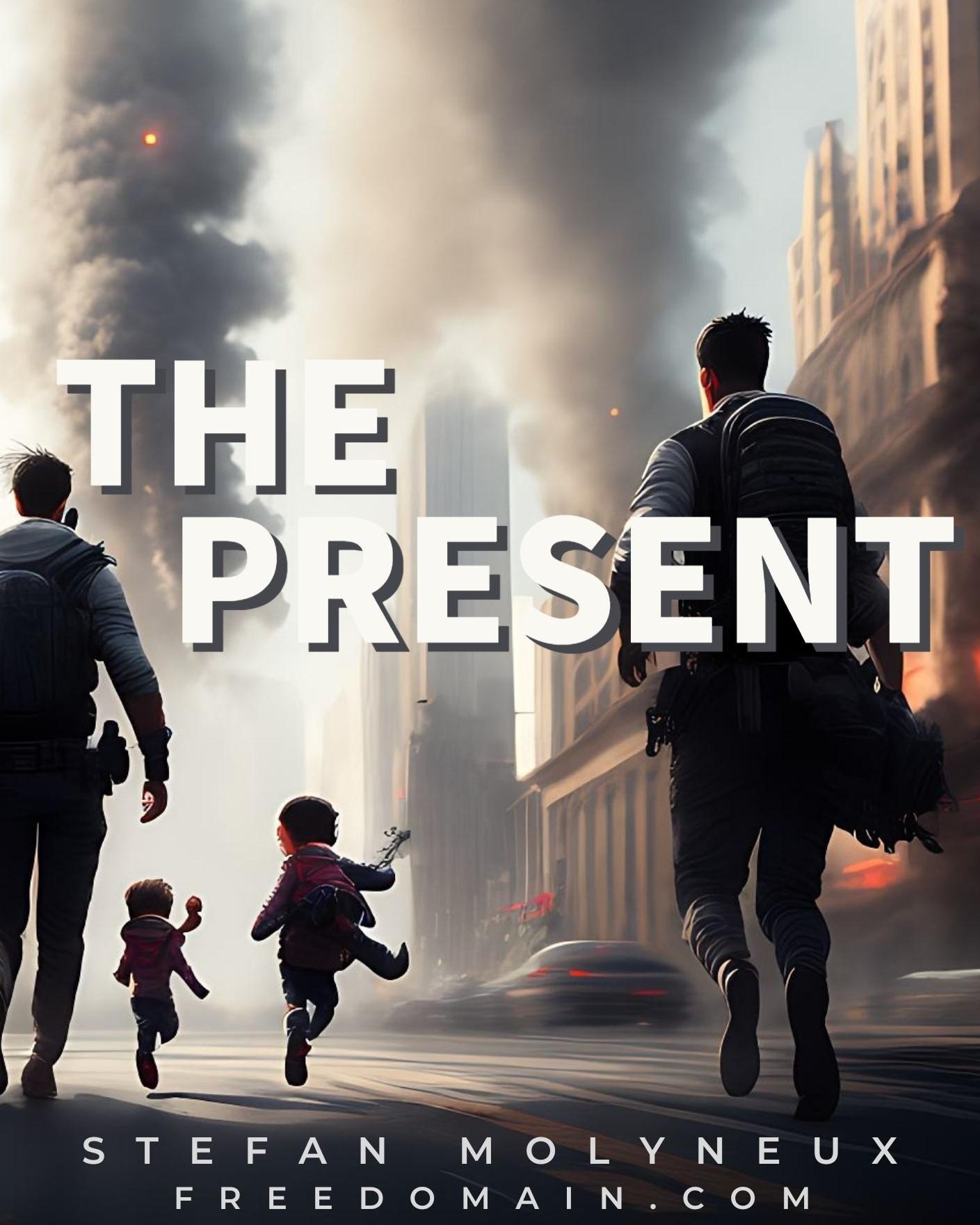
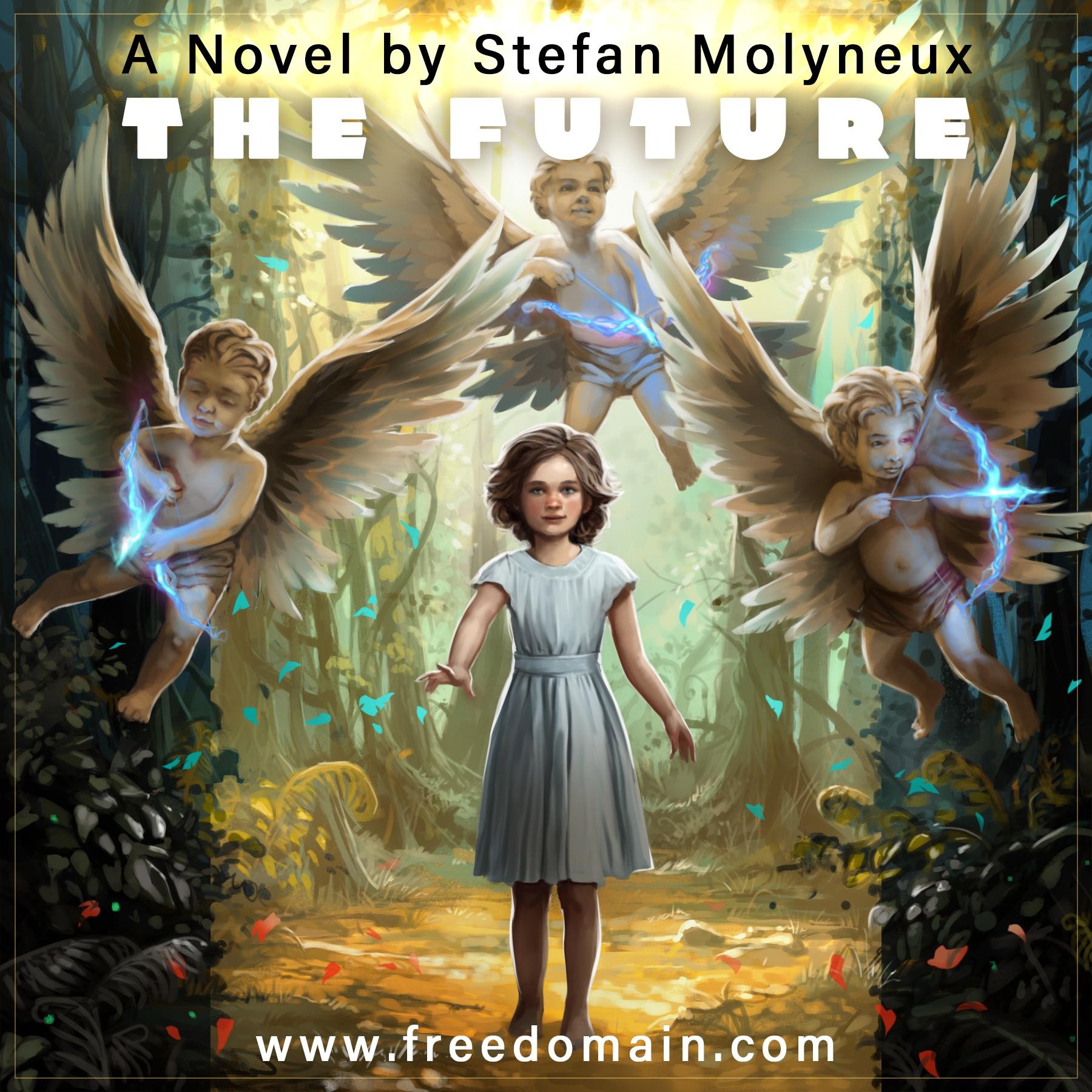
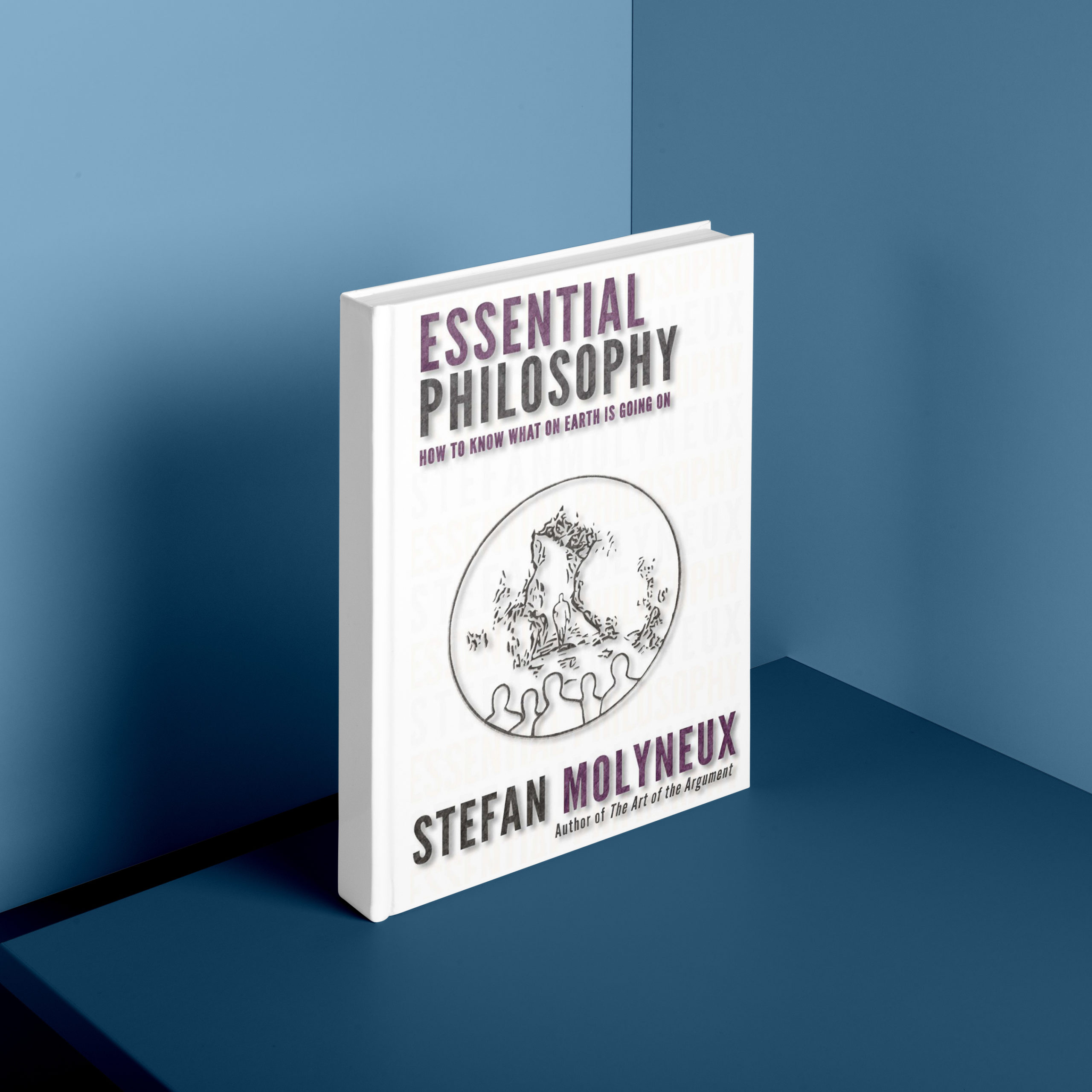
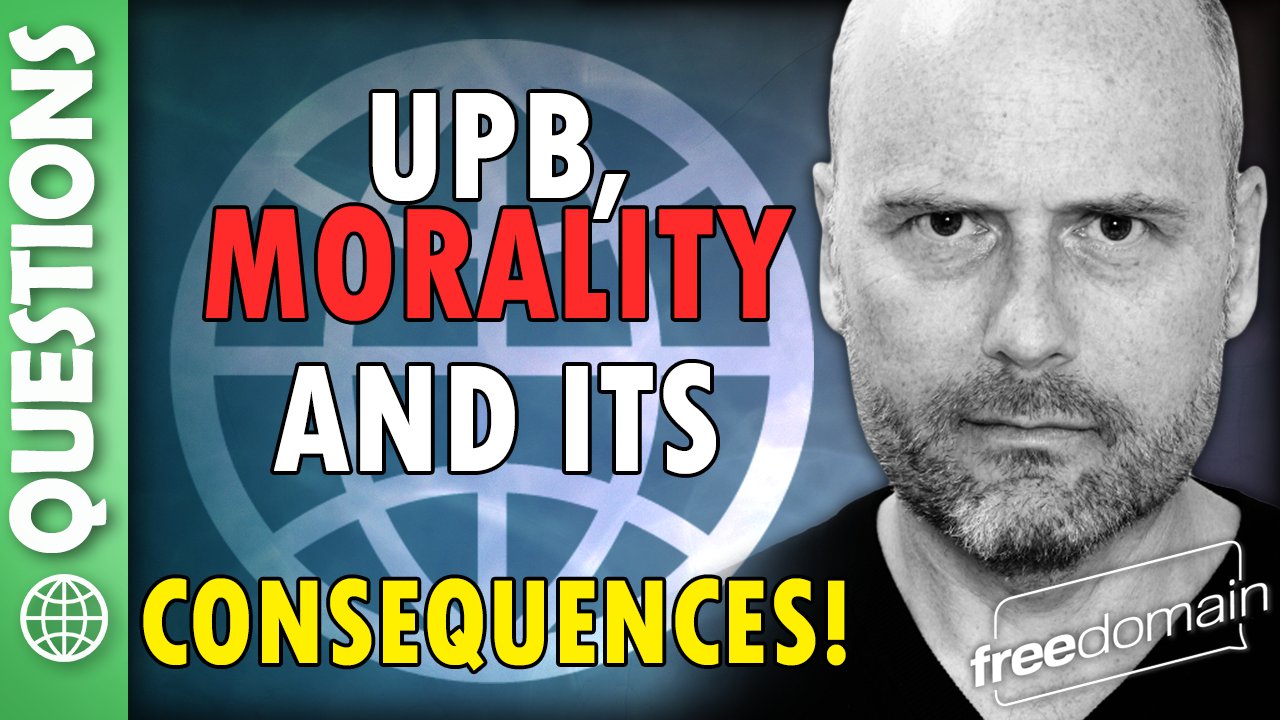
"Should a moralist ignore consequence and argue for UPB purely on the basis of epistemology and pure philosophical merit, while ignoring the elephant in the room, which is the question we all subconsciously ask. “How does this benefit my survival?”
"UPB isn’t validated or invalidated by its consequences, but at the same time, discussions of UPB inevitably involve consequences. How do we reconcile this? Especially since free will is in the picture and we don’t want predictions about the future to invalidate choice.
"For example, when asked about your thoughts on the success of UPB close to 20 years after publication, you mentioned reductions in violence against children with the expectation that this trend would continue if UPB continues to be spread. Would the theory and observation that UPB leads to reductions in violence against children be a deterministic portrayal of human beings? If we avoid discussing consequences to avoid this issue, then if someone wants to discuss UPB on the merit of usefulness towards themselves and society as a whole, do we stick to purely philosophical merit? Or do we say there are no guarantees, but it will make a desirable outcome more likely.
"If we use terms such as 'more likely' in order to maintain philosophical integrity, how do we out compete those who are certain/dogmatic, benefiting from the momentum of societal norms in order to ‘validate’ their false theories.
"Regarding the first question about the relationship between moral frameworks, their consequences and free will. I was thinking that if your definition is used where free will is defined as our ability to compare proposed actions to ideal standards then UPB provides ideal standards, increasing our capacity for free will. With this increased capacity, it becomes more likely for moral outcomes to occur..."
GET MY NEW BOOK 'PEACEFUL PARENTING', THE INTERACTIVE PEACEFUL PARENTING AI, AND THE FULL AUDIOBOOK!
https://peacefulparenting.com/
Join the PREMIUM philosophy community on the web for free!
Subscribers get 12 HOURS on the "Truth About the French Revolution," multiple interactive multi-lingual philosophy AIs trained on thousands of hours of my material - as well as AIs for Real-Time Relationships, Bitcoin, Peaceful Parenting, and Call-In Shows!
You also receive private livestreams, HUNDREDS of exclusive premium shows, early release podcasts, the 22 Part History of Philosophers series and much more!
See you soon!
https://freedomain.locals.com/support/promo/UPB2025
Support the show, using a variety of donation methods
Support the show